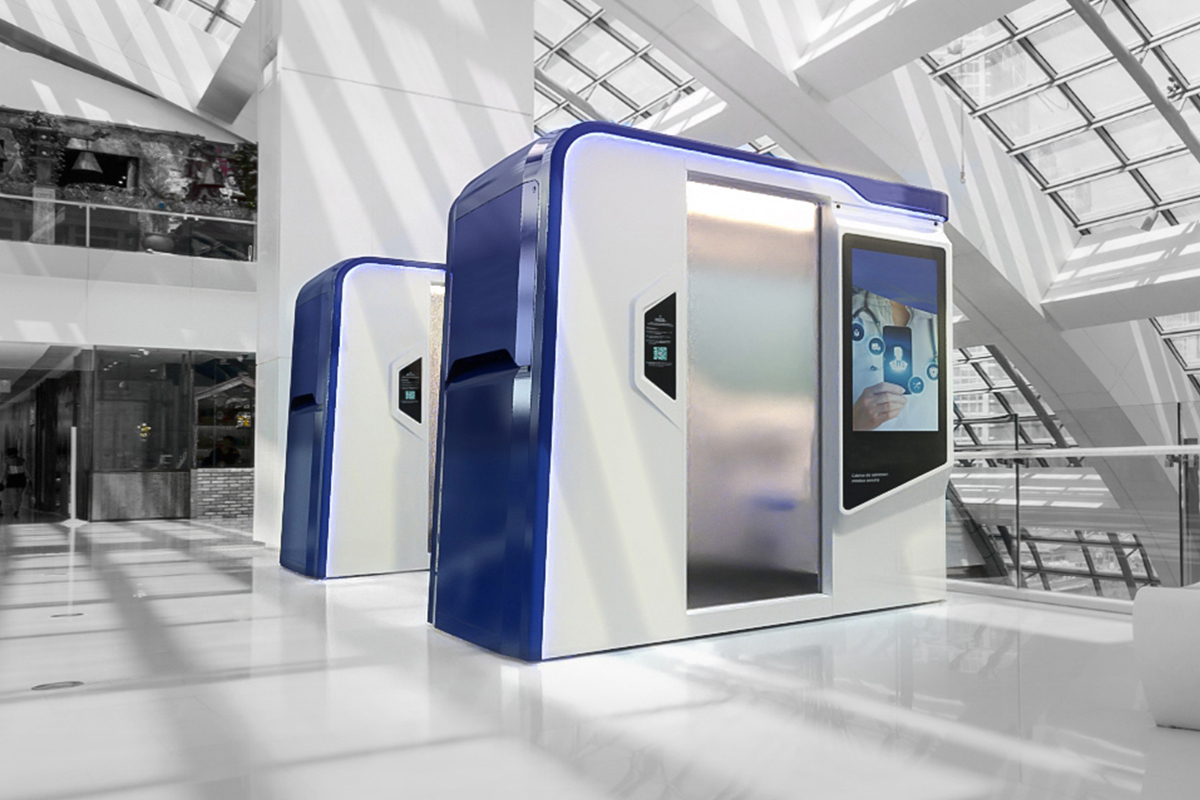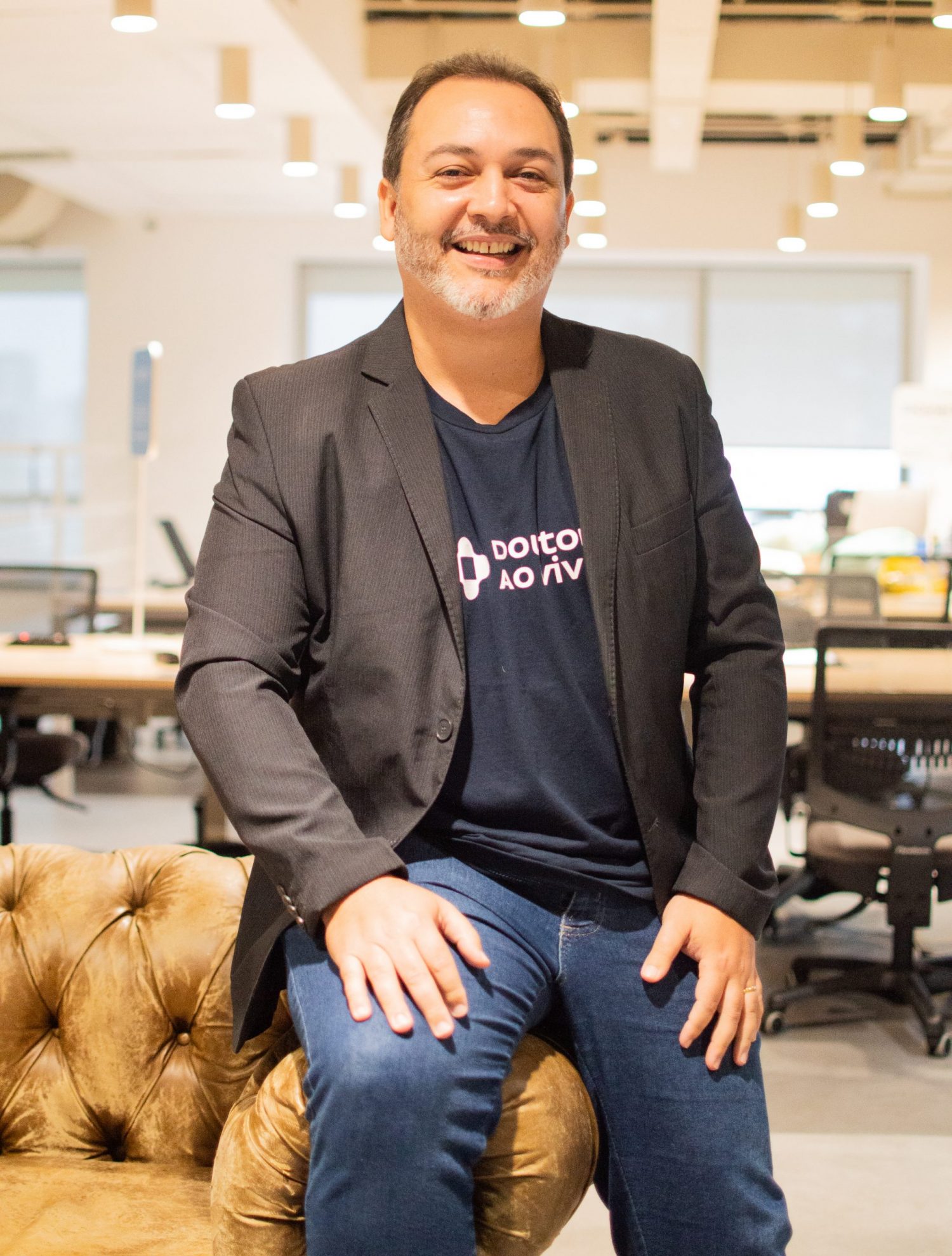With a special focus on primary care, technology has gained prominence in Brazil, aiming not only to ensure increased access, address the shortage of professionals and reduce costs, but also to relieve pressure on emergency rooms.
The digitalization of healthcare is a reality. Thanks to technological innovations, it has been possible to create an environment of interconnectivity that facilitates cooperation between healthcare professionals, managers and administrators in the sector, technology and civil society, promoting comprehensive care and the well-being of people, wherever they are.
Wearable devices help to constantly monitor patients’ vital signs and send this information to professionals in real time. Mobile health apps, which offer monitoring services, medication reminders and access to medical information, have also gained prominence and are increasingly used.
In addition, there are numerous technologies and innovations that guarantee remote care in various health specialties. More recently, The capsules, cabins or kiosks, as they have been called, are being installed in shopping malls, gyms and offices around the world, focusing primarily on primary care and helping not only to expand access, but also to relieve pressure on emergency rooms and emergency queues.
Data released by the Regional Center for Studies for the Development of the Information Society (Cetic) in 2022 show that 33% of doctors and 26% of nurses used teleconsultation services in Brazil. In addition, remote patient monitoring, which in 2019 was carried out by 16% of nurses, started to be used by 29% of them in 2022.
Daniel Prieto, director of DOC24 Brasil, a partner of Saúde Digital Brasil, explains that the digital health booth is a trend that improves the experience of patients who are already connected via smartphones. The booth creates a “phygital” care model, which unifies physical and digital care through connected equipment. In addition, it expands the reach of different types of exams, promoting comprehensive care and helping in the prevention and monitoring of various diseases.
“Brazil has been making progress in digital health compared to other places in the world, and is one of the highlights in Latin America. This is because both the public and private sectors have been promoting innovation in the health area, whether through telemedicine or solutions such as self-service health booths, among others. Today, we can say that we have more opportunities than obstacles, and the booth is a reality. There are regulatory aspects and certifications that need to be in line with the country's standards, but after this process, implementation will be quite fast,” he emphasizes.
In fact, there are already initiatives underway. A project being developed by BP – Beneficência Portuguesa de São Paulo provides booths with equipment for patients to use in simple tests, such as measuring blood pressure, heart rate, temperature, or assessing skin lesions.
The Connected Cabins project is in an experimental phase. Initially, the exams have been carried out on around 200 employees since March 2023. The doctor on duty at the institution makes the assessment and refers the patient to the cabin so that he or she can carry out the indicated procedures. It is necessary to download an application on the cell phone, attach it to the cabin and follow the instructions.
Another example of technology being made available by members of Saúde Digital Brasil is ECCOCARE, an autonomous, multi-specialty healthcare room developed by MKData, a software company with over 30 years in the market. With it, patients can take measurements in a simple and automated way, receiving personalized care from a specialized team through telemedicine.
“By integrating innovation and care coordination, driven by advanced technologies such as triage and telemedicine, ECCOCARE not only redefines the future of healthcare, but also transforms the customer experience. With countless operational possibilities and implementation locations, its contribution to improving health outcomes and the sustainability of the healthcare system, whether public or private, is undeniable, as highlighted by Fernanda Sandroni, National Sales Manager at MKData.”
Healthcare pods are emerging as a promising solution to the growing demands for primary care. In addition to providing a safe and accessible environment for healthcare delivery, they also play a crucial role in reducing congestion in emergency departments and integrating technology into the delivery of medical care.. The convergence between physical and digital health is transforming the way healthcare services are delivered and perceived. In this context, Saúde Digital Brasil plays a key role by bringing together companies and leaders in a collaborative effort to drive innovation and continuously improve the sector.




